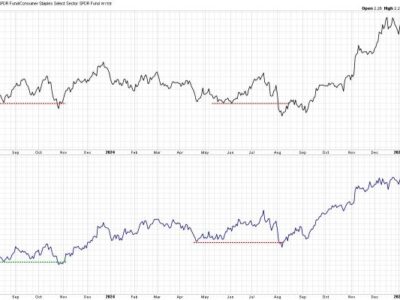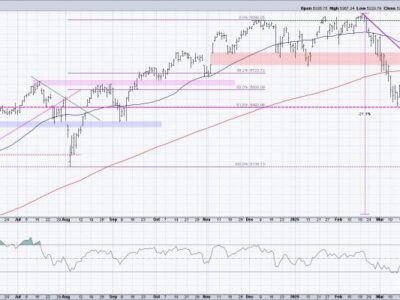
Thomas A. Berry and Neal McCluskey
Today the Supreme Court issued a decision striking down President Biden’s unprecedented student‐loan forgiveness program.
Statement from Research Fellow in Constitutional Studies Thomas Berry:
“The Court’s decision today is a victory for the separation of powers and the rule of law. The Court correctly held that the power to ‘waive or modify’ a provision of law is not a power to draft an entirely new law. The Biden Administration attempted to use the ‘waive or modify’ authority in the HEROES Act to create a new $430 billion debt‐cancellation program, but creating a program of such breadth and scope is a job for Congress, not the executive branch. The Court correctly held that when Congress gave the executive branch the power to ‘waive or modify’ certain provisions of law, it did not grant the power to make basic and fundamental changes that transform federal student‐loan policy. The Framers designed our system so that such fundamental questions would be debated and decided in Congress, and that is where such decisions must be made.”
Statement from Director of the Center for Educational Freedom Neal McCluskey:
“This is great news for future students and taxpayers. For future students, because allowing sweeping, presidentially decreed student debt cancellation would have signaled to all future borrowers to take on more debt than they otherwise would have—much will just be cancelled. And that would enable colleges to raise tuition at even faster rates. It’s great news for taxpayers because much debt that was supposed to be repaid to the federal government actually will be. And remember, the average person with a bachelor’s degree will make roughly $1 million more over their lifetime than the average person with just a high school diploma. Graduate degree holders—who hold a disproportionate amount of student debt—will earn even more. Cancellation would have largely helped economic winners.”








